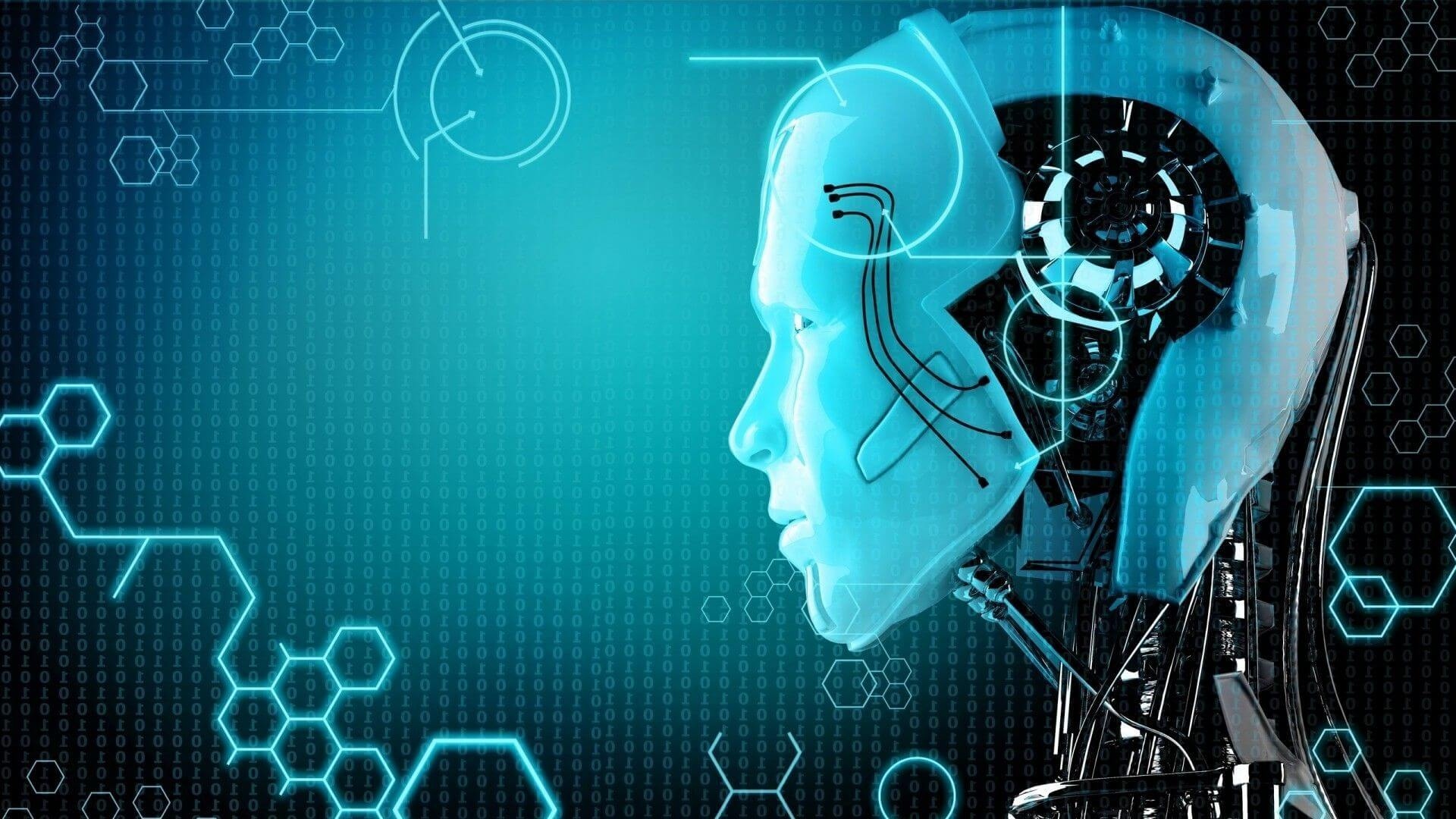
Education is one of the most significant sectors where AI is creating waves. AI has the ability to completely change how we teach and learn, from virtual tutors to personalized learning.
PERSONALISED LEARNING: The potential of AI to offer tailored learning is one of the advantages it has for the educational system. Each student develops at their own rate, and AI can assist in meeting their demands. AI systems can examine student data, including test results and homework assignments, to spot potential problem areas. The system can provide resources and study regimens that are specifically designed to help the student overcome these challenges. This personalized method of instruction can boost motivation and engagement, improving academic results.
VIRTUAL TUTORS: AI-driven virtual instructors are just another creative way that technology is advancing education. Students can receive immediate feedback and guidance from virtual instructors, who can also monitor their development over time. Since these tutors are accessible round-the-clock, learning is more flexible and accessible. A student who has difficulty with math, for instance, can use a virtual tutor to practice ideas and get rapid feedback. Students can overcome challenges and achieve in their studies with the aid of this type of tailored learning.
SMART CONTENT: AI can also assist in developing intelligent information that adjusts to the comprehension level of the student. AI can modify the level of difficulty of the information based on the student’s prior performance rather than giving all pupils the same material. For instance, a student who is having trouble understanding a certain idea can get further practice problems and more concise explanations. On the other hand, a pupil who excels in a topic may be confronted with more difficult material. Whatever a student’s level of proficiency, compelling information can make learning more accessible to them.
ASSISTIVE TECHNOLOGY: AI is also making strides in assistive technology for students with disabilities. For instance, text-to-speech and speech-to-text software can help students with visual or auditory impairments. Other tools, such as predictive text or word prediction, can help students with dyslexia or other learning disabilities. AI can also help teachers identify students who may be struggling with certain tasks, such as reading or writing, and provide additional support.
In conclusion, the integration of AI in education has the potential to transform the learning and teaching experience. By providing personalized learning, virtual tutors, smart content, and assistive technology, AI can make education more engaging, accessible, and effective. As AI continues to evolve, it will bring about more innovative applications in education, enabling students to reach their full potential and equip themselves with the skills needed for the future.

